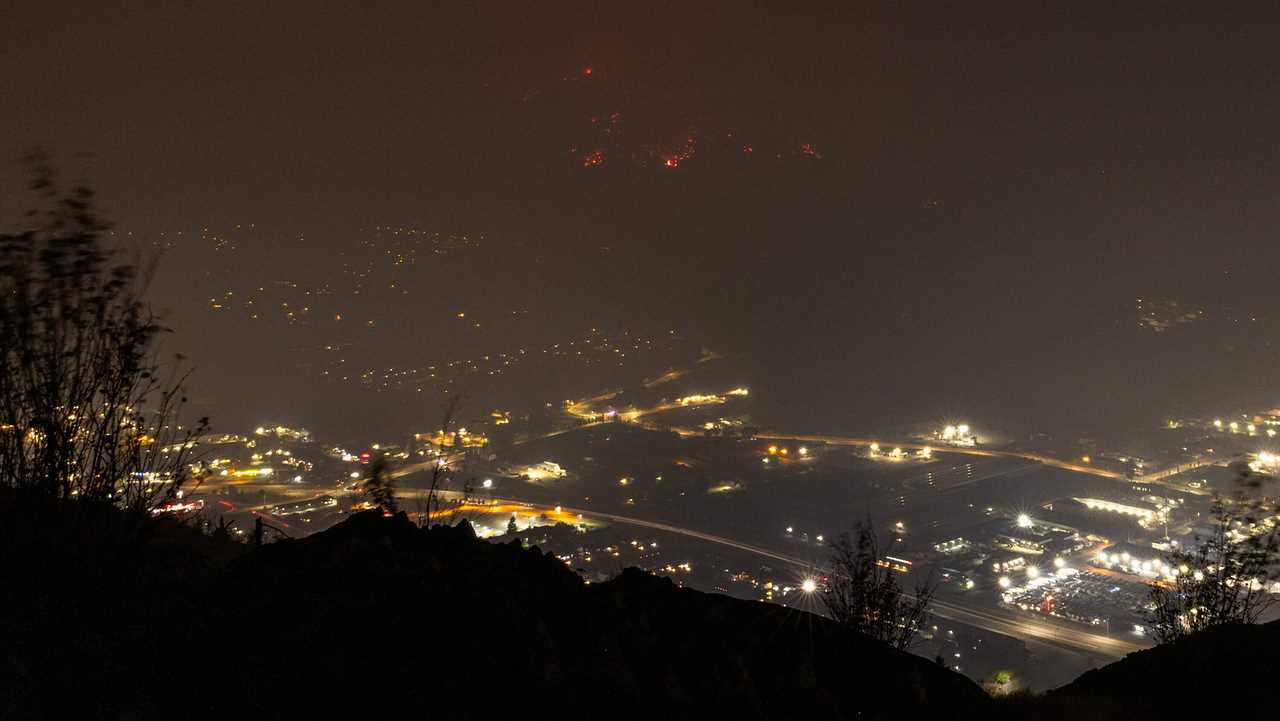
Introduction
Last week, as wildfires threatened Yellowknife, the capital of the Northwest Territories in Canada, the city turned to Facebook to share crucial information with residents. However, due to Facebook's ban on news articles in Canada, the city had to instruct residents to search for information on their own. This ban, in response to a new Canadian law that requires tech companies to pay for news content, has left Canadians in remote areas without access to vital information during the nation's worst wildfire season on record.
Facebook's Ban and Canadian Legislation
In August, Facebook's parent company, Meta, began blocking news articles on its platform in Canada following the passage of the Online News Act in June. This law requires social media platforms like Meta and search engines like Google to negotiate licensing agreements with news publishers. Meta claims the legislation is "unworkable" and that complying with the law means "ending news availability for people in Canada."
The Impact on Canadians
As a result of the ban, Canadian users are unable to access content from local and international news outlets on Facebook and Instagram. This has left many Canadians, particularly those in remote areas heavily reliant on social media for information, without crucial updates during the ongoing wildfire crisis. Prime Minister Justin Trudeau criticized Facebook's prioritization of corporate profits over ensuring that local news organizations can provide real-time information to Canadians.
Workarounds and Alternatives
In response to the ban, some users have found workarounds, such as typing out the full URL or posting screenshots of news articles. Others have chosen to abandon Facebook and Instagram altogether. Independent news organizations like Cabin Radio have seen increased traffic to their websites as readers and listeners seek alternate sources of news. However, not all groups have been as fortunate, with organizations like Parachutes for Pets experiencing confusion and questioning due to the inability to include news articles in their Facebook posts.
Concerns and Long-Term Effects
There are growing concerns about the long-term impact of Facebook's news ban, especially during crises like wildfires. Organizations such as the Central Okanagan Food Bank worry that the ban impedes their ability to share crucial information and respond to community needs. As the recovery from wildfires and other emergencies continues, the restriction on news media outlets leaves Canadians without necessary updates and assistance.
Overall, Facebook's ban on news articles in Canada has hindered Canadians during times of crisis, with many users and organizations scrambling to find alternative ways to stay informed. The repercussions of this ban have raised concerns about the flow of vital information and the ability to respond effectively in emergency situations.Did you miss our previous article...
https://trendinginthenews.com/tech-giants/microsoft-makes-changes-to-activision-deal-to-woo-british-regulators






